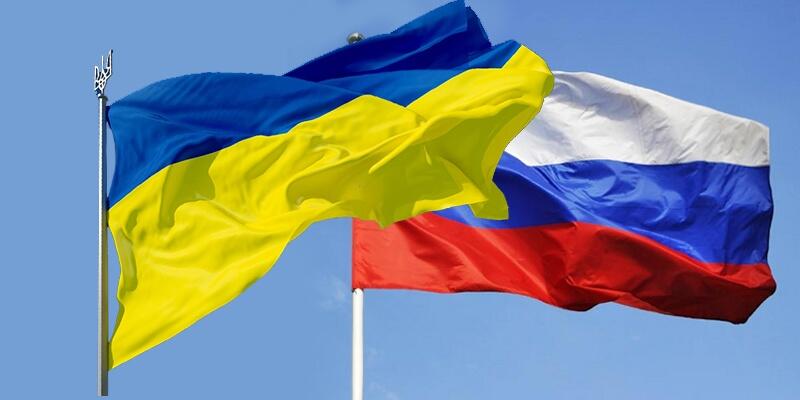
Jakub KOREJBA(*)
Every war serves as a catalyzer, it accelerates some of economic, social and strategic processes while it inhibits others. Since the collapse of the USSR, Russian – Ukrainian relations were often undefined from both sides and now, the war made the situation durably clear.
“Crisis” translated from Greek is the antonym of “stasis”. Related to international relations, the former means an uncontrolled evolution of events while the latter means stagnation – no evolution at all. For more than three decades, Russian – Ukrainian relations were an example of conceptual vacuum showing no positive or negative development. The two countries never elaborated a strategy towards each other and functioned reactively to external factors.
Although being geographically, historically and socially very close to each other, Kyiv and Moscow never formed a vision of how the relation should look like giving space to situational reflexes, often based on individual tastes of this or that group of interests and individuals. Paradoxically enough, Russian – Ukrainian relations were never a matter of a state policy, but rather field of insinuations and speculations: as no one knew towards what model both countries move, they were chaotically moving “one step forward and two steps backward” or didn’t move at all causing confusion inside both societies as well as among their international partners. Even after 2014, the partial occupation of Ukrainian regions by Russia went parallelly with strategic gas and oil dialogue.
And suddenly, one February morning of 2022 after Vladimir Putin led by the motivation that still needs to be fully explained, decided to launch the ‘special operation’ aimed at ‘demilitarization and denazification’ that evolved into full-scale war, the largest military conflict in Europe since 1945. The war took dynamics that very few policy makers expected and its military outcome is still unknown. At the same time, it made several questions clear giving an answer to basic questions that will define the relation in future, independently of the exact territorial outcome. Three events related to three different ‘levels of analysis’ created the base, the starting point, that every future decision maker in Kyiv and Moscow will have to take in consideration.
On the internal level, that is to say, inside the country, Ukrainian society and political elite demonstrated its subjectivity and autonomy. Russia had good reasons to perceive Ukrainians as a weakly integrated nation with low motivation to stand for its state and the political elite as deeply corrupt and ‘pragmatically’ ready to trade the national interest (never actually defined) in exchange for personal benefits irrespective from where those benefits come (Brussels, Washington or Moscow). But Volodymyr Zelensky didn’t escape Kyiv for one of the Western capitals to live a glamorous and comfortable life in exile of the kind that Russian or Belorussian opposition leaders do. Unlike almost all of post-Soviet leaders that experienced pression (including pro-Russian Ukrainians), he decided to link his political career with his nation and his state, underlying the fact that he sees them as a durable element of his own identity and thus, of the international system. Since that moment, the narration of Ukraine being a ‘season state’, a ‘historical error’ or a ‘Lenin’s gift’ lost its relevance. The Defense of Kyiv (and simply a decision to try it) was a turning point for the Russians, the international community and – first and foremost – for the Ukrainians themselves, marking the moment where Ukraine established itself as a nation with ‘internal reference’ that is to say fully convinced to be an independent country.
On the bilateral level, this war demonstrated the obsolete nature of Russian – Ukrainian relations based on historical inertness. Being a part of Russian Empire and the USSR and being perceived (and often self-perceived) as a part of Russian nation is a habit, not a fate (a subjective factor that may change in time and not an ‘eternal’, objective one). A capacity to efficiently defend the statehood, that is to say, its separate existence, showed that the material disproportion may be compensated by the spiritual motivation. Taken rationally, it would be much easier for Ukrainians to admit the ‘no chance situation’ and to conform with Russian demands. Rejection of Russian narratives has a price and accepting them would seem to be a rational choice, because ‘it always went like that’ that Russia finally managed to dominate Ukraine and imposed the unequal domination-subordination framework. But Ukrainians decided to reject this traditional logics and made a try to abandon the inferiority complex. The successful counteroffensive in Kharkiv and Kherson regions confirmed the fact that Ukrainians may play with Russians as partners and, if there is a relation to be (during the war and after it finishes), Moscow will have to fundamentally change its perception of the ‘younger sister’.
Finally, on the international system level, the war revealed the fact that the logics of zones of influence is no more applicable to the post-Soviet space, at least in its Eastern-European segment. The first reaction of international community to the war was prudent and reluctant, showing the force of the post-bipolar thinking based on the fact that every great power has a ‘natural’ right to keep its zone of influence independently of the aspirations of the concerned territory’s population. Washington, Paris or Berlin took Russia’s return to its imperial Reconquista as something natural and for a few months seemed to accept its inevitability, as they previously did in Crimea and Donbass. But, pathetically it may sound, the will of the people, once again in Eastern Europe, broke the deal between powers, showing itself as a (decisive) factor that shapes the international system. Ukraine, for last three decades, was more than once rejected to be incorporated into Western political and strategic community for the sake of global stability. Its strategic importance was inferior to more significant priorities for which the West needed Russia. But Ukrainians decided to add an element to this equation, forcing the West to reconfigure its strategic count, to put values over stability. If Ukrainians are unhappy with their place in the system and ready to risk the war to change it, then the whole system will have to be reformed. In this sense, the aborted Ukrainian counteroffensive of 2023 has more strategic importance that it would have in case it was successful, being a mental turning-point. It shows, that Ukrainians do not fight for this or that territory but for the overall change of the international architecture and the way it functions in the region, because even the military setback and the burden it brings, doesn’t change the motivation to continue the struggle.
Russia and Ukraine are too close to each other not to have a relation. The actual crisis is lying the foundation for the relation of a new quality, the one that never existed between the two. It may resemble to relations between the two Coreas, then to the one that East and West Germany had, and, possibly in the future, become a one that Germany and Austria have today.
What is clear, is that this war accelerated processes of a fundamental change on different levels: inside Russia and Ukraine, between them and in the international system in its regional part in Eastern Europe. The two will base their relations on one of three models: constant hostility with permanent degradation into a new war, the pragmatic alternative development based on isolated coexistence or a new opening coming with mutual acceptance of fundamental historical brake. Independently of which scenario will be realized and when, the relations between Russia and Ukraine will continue to produce crises turning Eastern Europe into a geopolitically active region.
* Jakub Korejba graduated from Warsaw University (Institute of International Relations, 2009). Lecturer at MGIMO University in Moscow (2010-2015). Holds Ph.D degree (Problems of European Policy in Russia-Ukraine Relations, 2013). Journalist with several Polish newspapers and Russian TV stations. Dr. Korejba joined AVİM as a Non-resident Fellow in October 2023.
© 2009-2025 Avrasya İncelemeleri Merkezi (AVİM) Tüm Hakları Saklıdır
Henüz Yorum Yapılmamış.
-
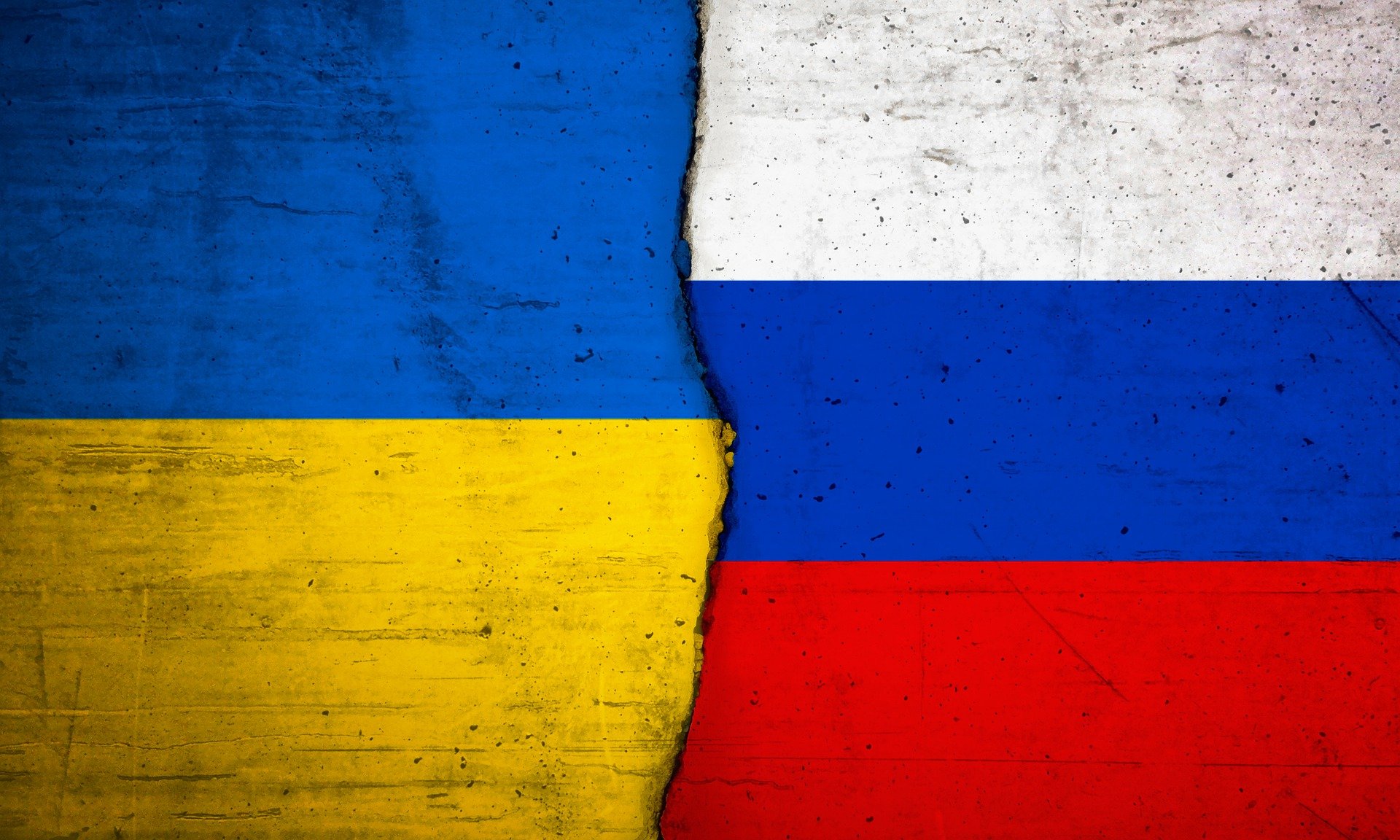 A ‘BLINK’ MOMENT OF THE RUSSIA-UKRAINE WAR - 15.10.2025
A ‘BLINK’ MOMENT OF THE RUSSIA-UKRAINE WAR - 15.10.2025
Jakub KOREJBA 15.10.2025 -
 NATO-AZERBAIJAN: SUCCESSFUL PARTNERSHIP FOR TURBULENT TIMES - 28.11.2024
NATO-AZERBAIJAN: SUCCESSFUL PARTNERSHIP FOR TURBULENT TIMES - 28.11.2024
Jakub KOREJBA 02.12.2024 -
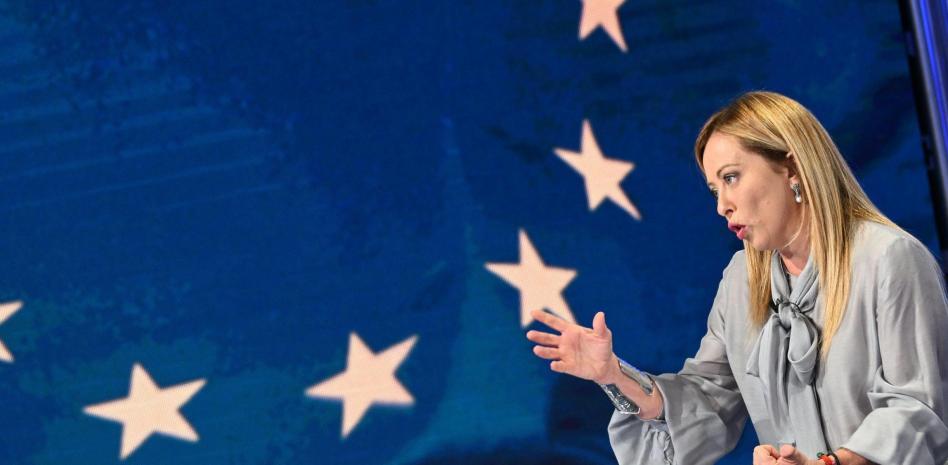 GIORGIA MELONI AND THE FUTURE OF EUROPE - 03.10.2022
GIORGIA MELONI AND THE FUTURE OF EUROPE - 03.10.2022
Jakub KOREJBA 03.10.2022 -
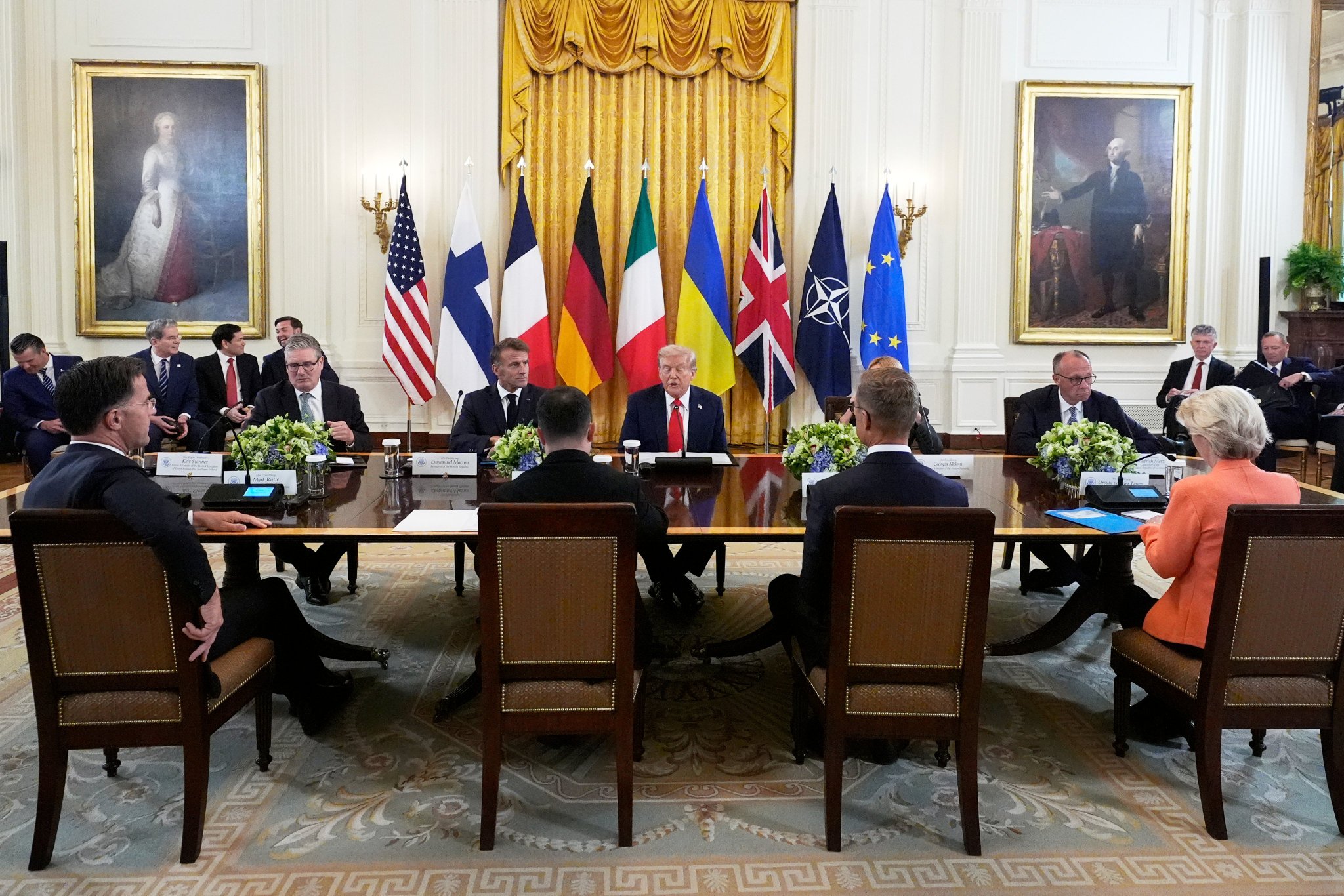 MEETING IN WASHINGTON - A LESSON OF REALISM - 22.08.2025
MEETING IN WASHINGTON - A LESSON OF REALISM - 22.08.2025
Jakub KOREJBA 25.08.2025 -
 THE SUMMIT OF EXPECTATIONS - 06.03.2023
THE SUMMIT OF EXPECTATIONS - 06.03.2023
Jakub KOREJBA 06.03.2023
-
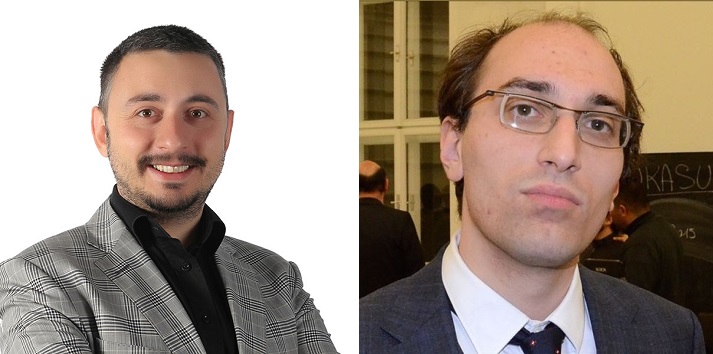 UZMANLARA GÖRE 1915 OLAYLARINA İLİŞKİN İDDİALAR ERMENİ KİMLİĞİNİN İNŞASINDA VE SİYASETTE 'ARAÇSALLAŞTIRILIYOR' - GÜNEŞ - 24.04.2020
UZMANLARA GÖRE 1915 OLAYLARINA İLİŞKİN İDDİALAR ERMENİ KİMLİĞİNİN İNŞASINDA VE SİYASETTE 'ARAÇSALLAŞTIRILIYOR' - GÜNEŞ - 24.04.2020
Mustafa Serdar PALABIYIK-Maxime GAUIN 27.04.2020 -
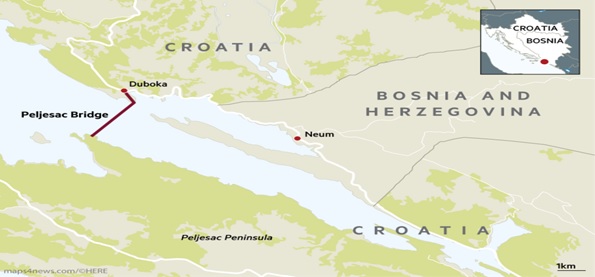 OSMANLI’NIN BOSNA-HERSEKTE’Kİ SON MİRASINI PELJESAC KÖPRÜSÜ’NÜN KUŞATMASINDAN KURTARMAK İÇİN SON FIRSAT
OSMANLI’NIN BOSNA-HERSEKTE’Kİ SON MİRASINI PELJESAC KÖPRÜSÜ’NÜN KUŞATMASINDAN KURTARMAK İÇİN SON FIRSAT
Senad SEVDİK 26.02.2021 -
 NATO-AZERBAIJAN: SUCCESSFUL PARTNERSHIP FOR TURBULENT TIMES - 28.11.2024
NATO-AZERBAIJAN: SUCCESSFUL PARTNERSHIP FOR TURBULENT TIMES - 28.11.2024
Jakub KOREJBA 02.12.2024 -
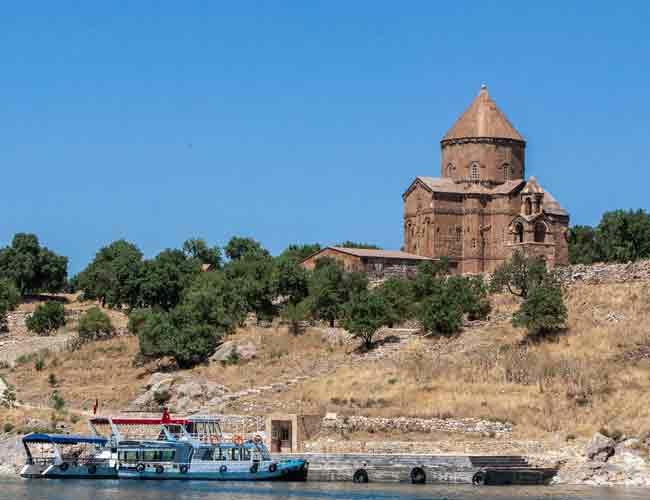 ISLAMOPHOBIA AND TURKISH-ARMENIAN CONTROVERSY: ANALYSIS - HÜRRİYET DAILY NEWS - 22.03.2019
ISLAMOPHOBIA AND TURKISH-ARMENIAN CONTROVERSY: ANALYSIS - HÜRRİYET DAILY NEWS - 22.03.2019
Mehmet Oğuzhan TULUN 27.03.2019 -
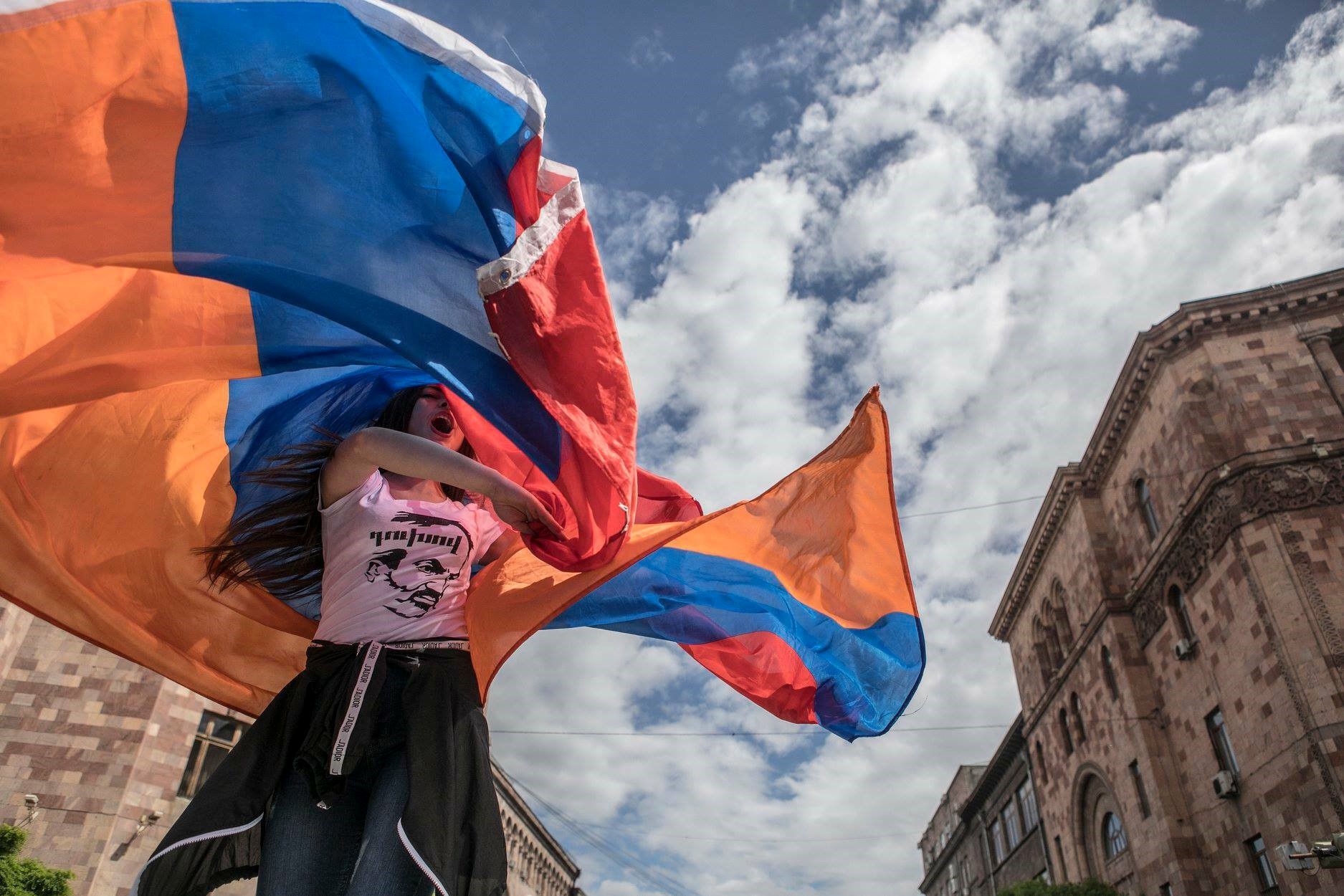 BEYOND ARMENIA'S 'VELVET REVOLUTION' - WASHINGTON TIMES - 26.03.2019
BEYOND ARMENIA'S 'VELVET REVOLUTION' - WASHINGTON TIMES - 26.03.2019
Jacob KAMARAS 28.03.2019


